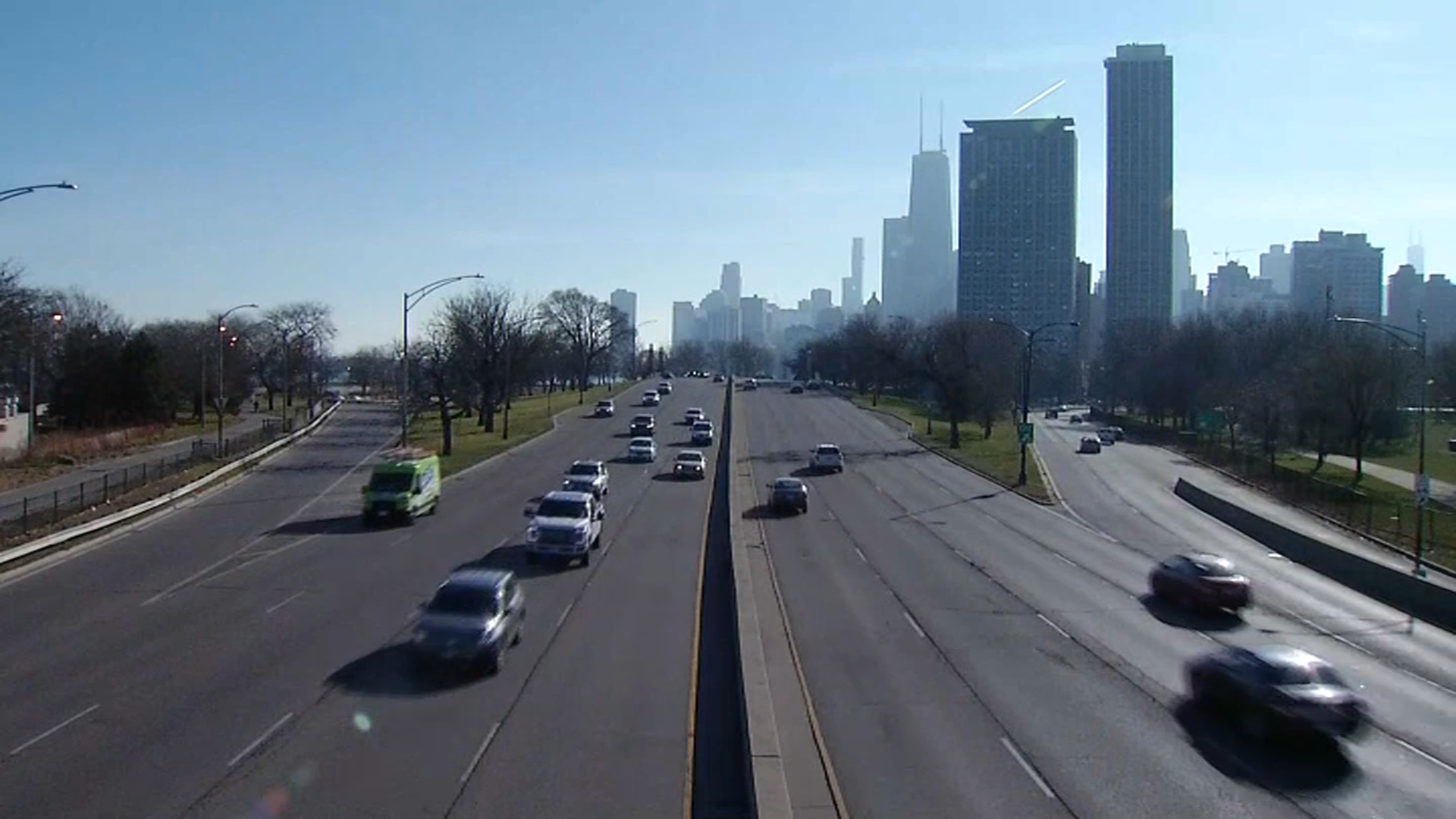The panhandler who was shot and killed by police Wednesday in River North reportedly suffered from a mental illness.
Reginald Hardaman, 56, bounced in and out of treatment before he was arrested that day, according to his brother who spoke to the Chicago Tribune.
A handful of experts warn there could be more cases like this in the near future.
Hardaman's death comes less than two weeks after Gov. Pat Quinn announced that his newest budget proposal would slash funding for substance abuse treatment programs, along with other mental health services, across the state.
It's a plan that would "absolutely" lead to more incidents like this one, according to David Ormsby, a spokesperson for the Illinois Alcoholism and Drug Dependence Assocation.
Ormsby said that without state money, 80 percent of the current 59,000 patients will lose their treatment on Mar. 15.
"Fifty-five thousand people would be affected by that," he said. "If these cuts go through and they're in the middle of a medical treatment, they literally will be discharged in the middle."
That puts patients at risk of falling back into addictions, mental illness or the criminal justice system. Some patients have already walked out of the 140 state-funded facilities, Ormbsy said.
Some health care providers are preparing what he calls "discharge notices" for residential patients.
"There are some that have nowhere else to go," he said.
The cuts are a product of Illinois' broken mental health system, says Phil Scherer, the director of the Illinois Institute for Addiction Recovery in Peoria, which is not reliant on state funding.
Local
With fewer outlets offering patient care, it will become harder to administer the correct therapy and medication to patients on the fringe.
"They prefer the mood altering substances to their medication," he said. "It's a vicious cycle."
Scherer warns that the cuts won't just affect mental health facilities, but also places like halfway houses, which often house reformed criminals and unstable individuals.
Although the state has historically struggled to pay back millions of dollars in bills to many treatment providers, Ormsby said Quinn's proposal "came as a rude and unexpected shock."
There is a chance that state officials will choose to slow down or scale back the magnitude of the cuts, but Ormbsy said there's no word yet.



